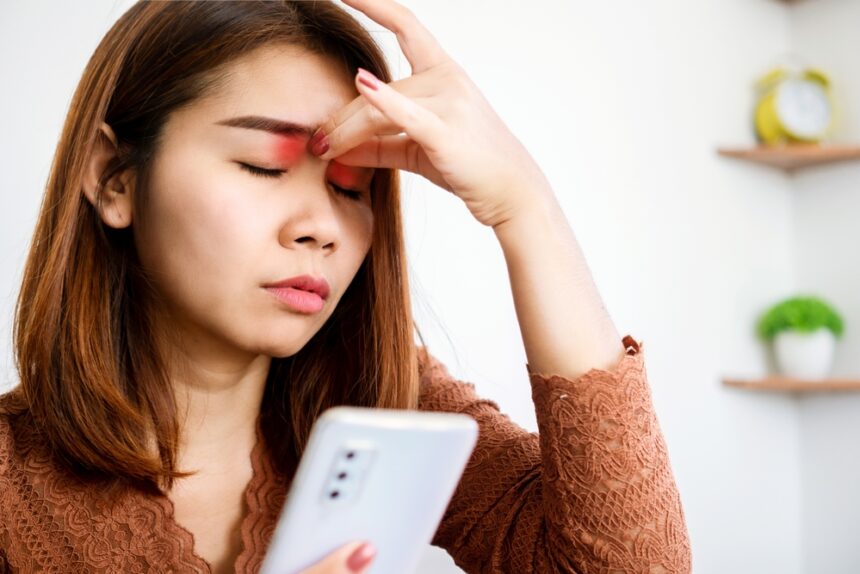We have talked about the role of social media in healthcare. But it can also have an impact on people that have experienced injuries and need to file a lawsuit.
People tend to post almost everything on social media. Be it their personal life celebration, educational milestone, or corporate achievement. They want to share every piece of news with their friends and family to show they are living a meaningful life. If you come across an accident where you sustain injuries, then it’s better to refrain from using social media. Why? This blog on “What is the role of social media in your personal injury case?” will answer you. Remember that is important to consult with a personal injury attorney in Everett before making any rash decisions after a personal injury. They will help guide you and navigate the complex laws of personal injury cases.
The Role of Social Media in Your Personal Injury Case
How about we dig into the role of social media in your personal injury case so that you can avoid mistakes in the future? Great, let’s begin:
Social media has proved to be beneficial in various ways, but the same platform turns into a huge risk when you are going through a personal injury case and expecting to receive compensation. You have to be extra careful here as whatever you post may go against the claims you have made, unintentionally speaking, where you are considered a wrong person.
On one end, you declare that your leg is broken; on the other, you post on social media that you are traveling without any kind of support and updating the public with every minute of your holiday. You just ended up spoiling the case, which your attorney could have turned in your favor. Still, because you posted how you are enjoying, things will become difficult as you allowed the opposing party to challenge your testimony about how it is possible to go on a holiday if you claim compensation for your broken leg. Therefore, your activities on social media can counter your declaration.
Social media users richly use the feature of checking in at any place. This notifies people about your presence anywhere. If you have claimed compensation for a personal injury case, should you be announcing your next move on social media? A big no! You said that your hand got severely injured, and using the same body part, you updated your location. Providing significant evidence that nothing serious happened to your hand and therefore, the judge will also question you and the defendant will win the case. Kindly avoid that if you want to claim compensation, as news spreads like wildfire on social media.
You can use your social media accounts to share how much work you can do after the accident. What productive capacity are you left with? To what extent can you endure physical activities? Posting a picture with your family under the caption “Weekend Getaway” will definitely raise eyebrows as everyone will see you in the frame or behind the lens because you claimed to have incurred injuries, whereas you look completely fine. This will all reduce the chances of seeking compensation as you provided your friends list with a shred of loud evidence that can be used against you in as many unpredictable ways as possible.
Your witnesses must also have access to social media; even their posting can damage your case. How? They may post comments about how much compensation you want for your injuries and other losses. If you have your family and friends added, then naturally, they will also read these statements and think of you as a greedy person. A negative image will be created, becoming an embarrassing situation.
Social media has controls for changing privacy settings, but it’s useless. People often add others based on mutual friends too, without properly checking who the other person is. You might have followed the same practice and allowed many people to see your updates. Even if you tighten the security of your profile, there is still a good chance for people who turn out to be mutual with your defendant can share your pictures through screenshots and forward them ahead and prove that your claims are false.
We hope you understand how the role of social media can be disastrous in your personal injury case and lessen your possibility of seeking fair compensation.

